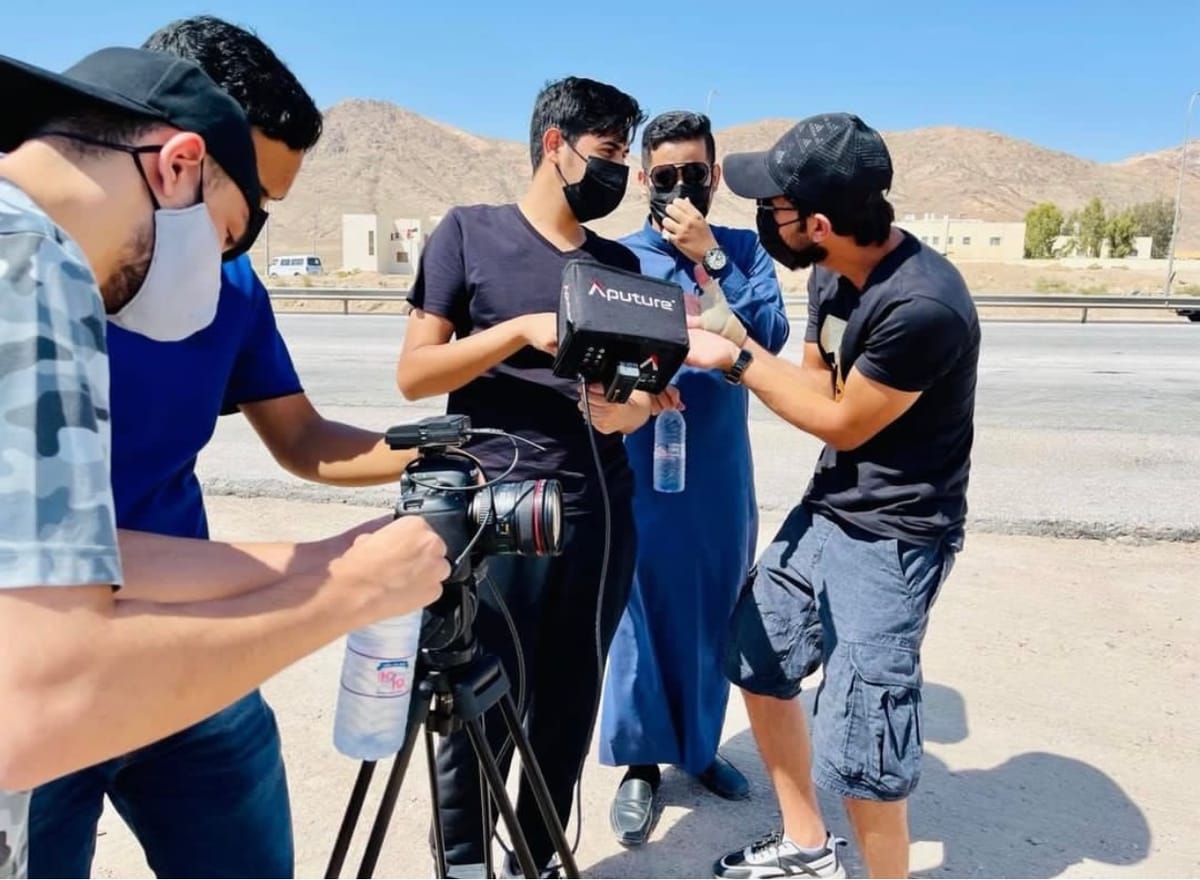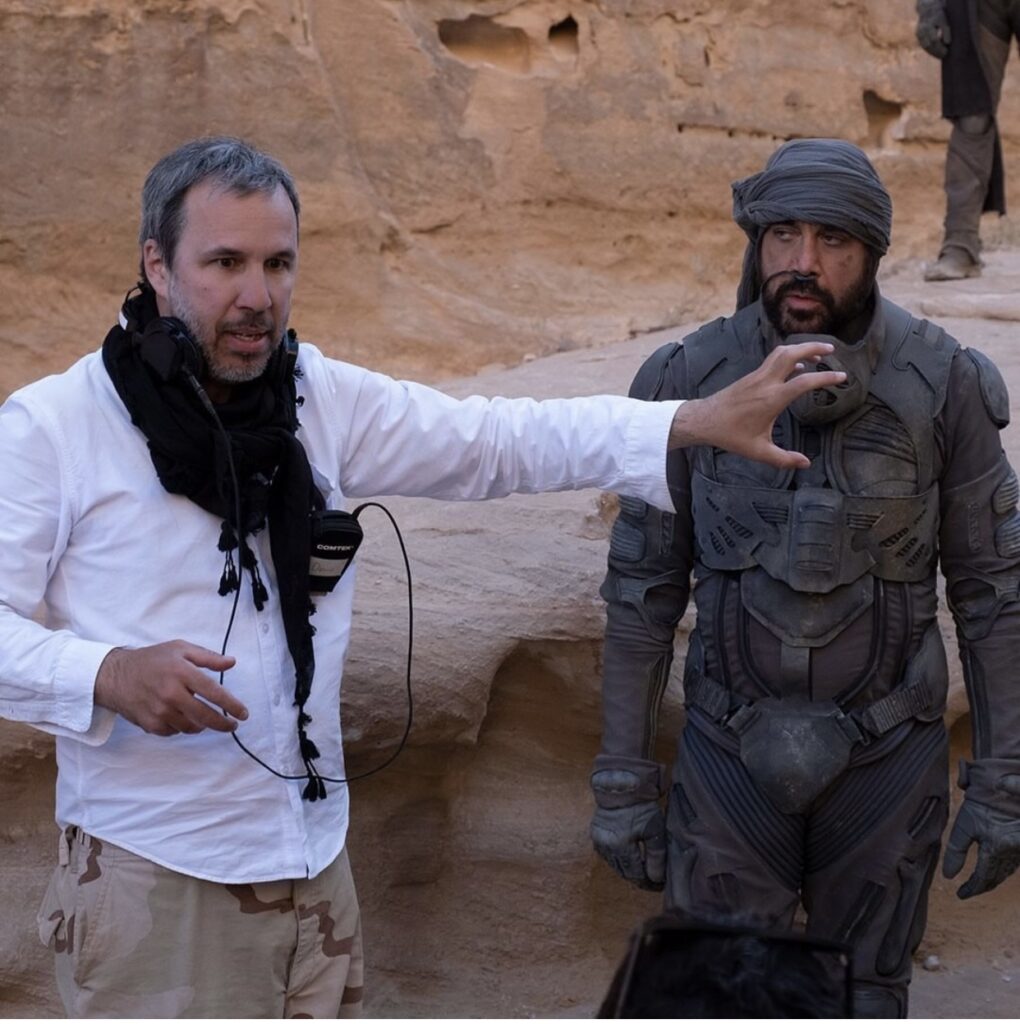An Evening in Amman: The Royal Film Commission, Jordan

By Artemis Sianni Wedderburn, BA (Hons) Politics and Arabic
Ahlan wa Sahlan – welcome to the second instalment of Artemis’ Amman. In this column, I bring stories from Amman to London through the platform of The Spirit. I hope to share with you a sliver of the ‘City of Stairs’ and what I am doing here on my Year Abroad.
Amman seems to strain against itself, almost shy to succeed. With 63% of Jordan’s population under 30 and youth unemployment at 48%, it is understandable. Almost every Jordanian under 30 that I have spoken to wants to leave, many permanently.
I have understood that hope is what makes something magnetic. It is the final barrier between a person’s breaking point and themselves. Jordan’s burgeoning film business attempts to spark this, in a movement spearheaded by the Royal Film Commission (RFC).
First established in 2003, they aim to develop a sustainable film industry and promote cinematic awareness while boosting tourism and the economy. Earlier this month, I was very fortunate to meet the RFC’s spokesperson Marian Nakho to discuss the industry in Jordan.
Film is a unique medium when it comes to storytelling. The viewer is transported visually, audibly and emotionally to a controlled situation. They relinquish command of their senses in a way that leaves them vulnerable to the filmmaker – malleable. Especially when told in first person, the viewer becomes the narrator. Unbelievable and unliveable situations begin to impact them personally, forcing critical thought.
The RFC often invites directors and critics to viewings as Marian emphasises that ‘film critique is part of the experience of watching a film’ to confront the content. It is through the challenging of ideas that empathy and cooperation are born, creating hope.
As a five-year-old illegal rickshaw operator in Egypt, the fate of the viewer’s suppliers (young, unemployed and often unmarried women) depends on their deliveries. Shortly after, the story changes perspective and they experience domestic abuse in Lebanon.
These two stories are part of the RFC and UNESCO’s sponsored anthology film the ‘Chronicles of Her,’ compiling five short films from the Middle East. The goal is to empower female film makers so that they may give a voice to the often-unheard plight of women in their countries. The blatant purpose is empowerment yet there is also an operational angle.
Jordan has the third lowest female participation in the labour force globally. Coupled with youth unemployment, this means that gender-based projects have the potential to be well received. It is not enough to have talent – it needs to be nurtured and applied.

The RFC runs several yearly regional and local workshops across a variety of different mediums relating to film such as costume design, acting, adapting for television, and scriptwriting. Trainers come from a variety of backgrounds and make use of seven film centres and their equipment across Jordan. All are free.
A skilled local crew means involvement in regional and international productions. In exchange for filming in Jordan, productions have a set number of internships designed for locals to gain on-set experience. The RFC acts as a networker, facilitating the process of training and application.
“Heritage is a universal right.”
Simply put, a sustainable film industry in Jordan creates jobs. It gives young people an opportunity to be part of something creative that is fundamentally theirs. Heritage is a universal right.
Jordan boasts a variety of environments including Petra, deserts, and the ‘fusion of modernity and authenticity’ that is Amman. Supported by a stable political environment, it has the possibility to be an attractive destination for filmmakers.
In the meantime, Jordan’s film community is ‘developing on its own.’ Two cinema buses – one in Petra and one in Wadi Rum – make independent cinema accessible, especially to school children. By accessing film, one opens the door to interactions and ideas removed from daily life.
The effect of this is that it challenges you to dream, which often informs decision making. By promoting film culture, the RFC is providing the youth with the ability to question the way that they see a life in Jordan. Maybe even, inspire them to stay.
London Film Week starts on 6 December and goes until 12 December. Take a chance – who knows what you will end up dreaming.
Featured Photo Caption: Workshop run by the RFC for documentary production (Credit: The Royal Film Commission, Jordan).



